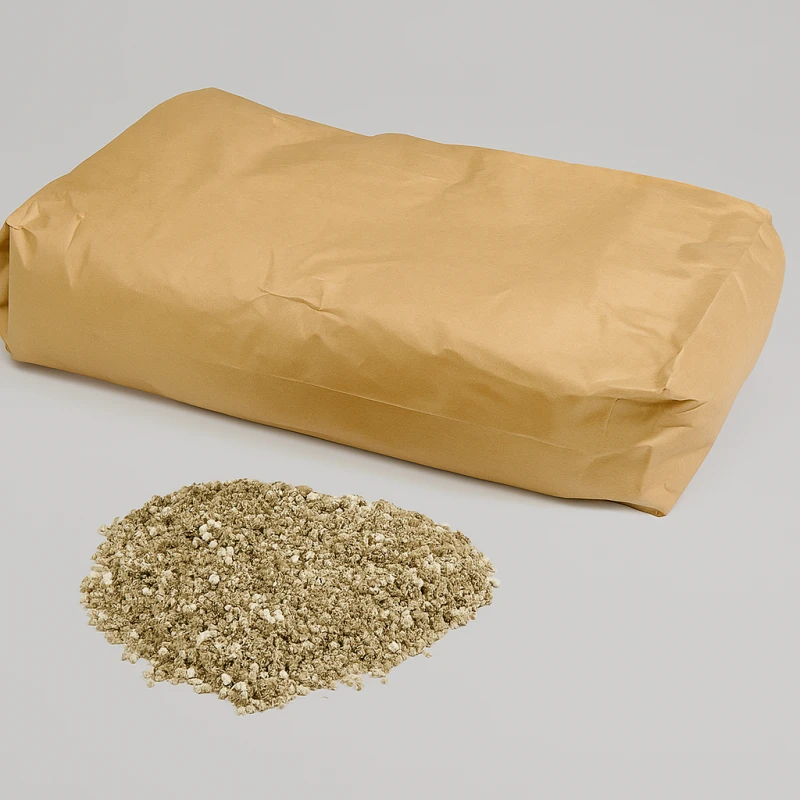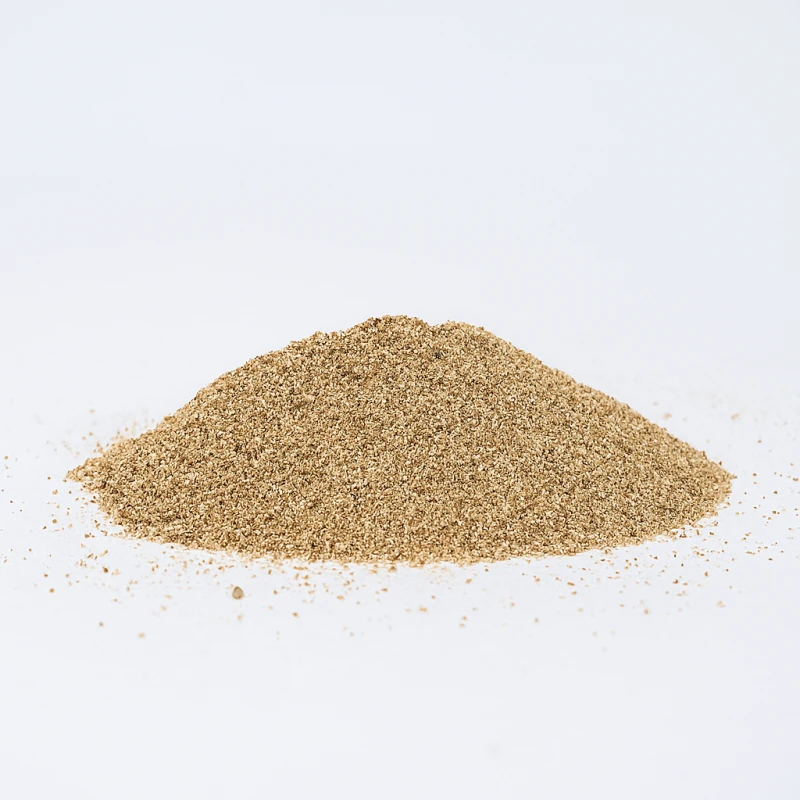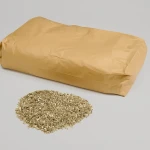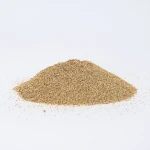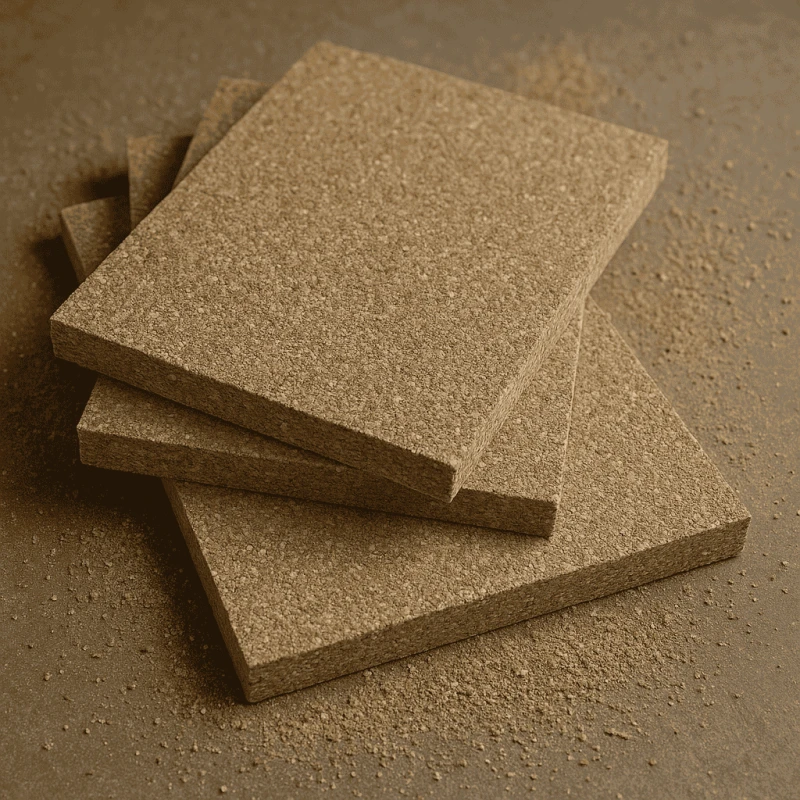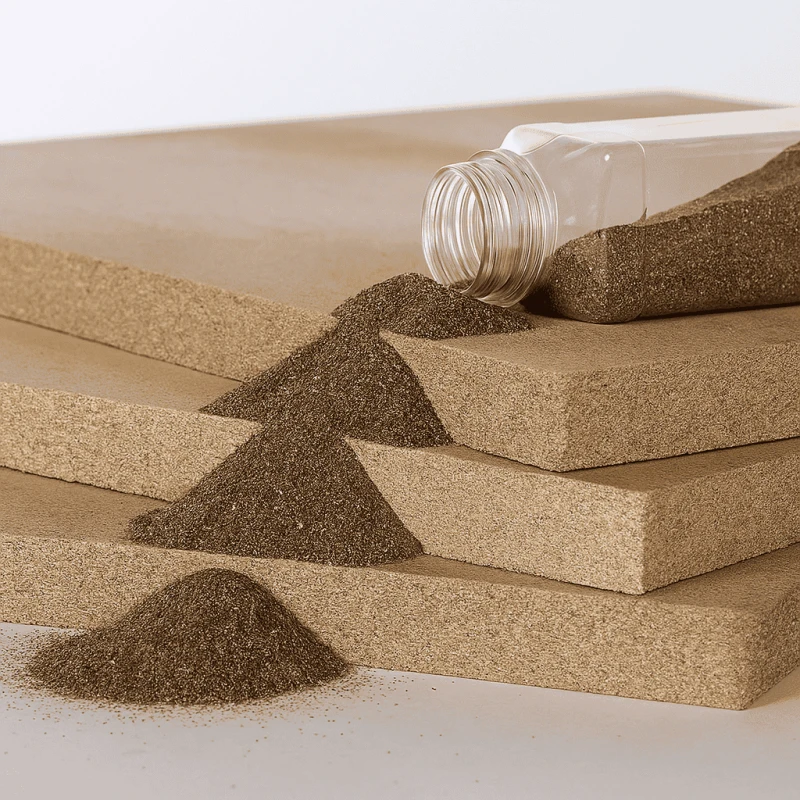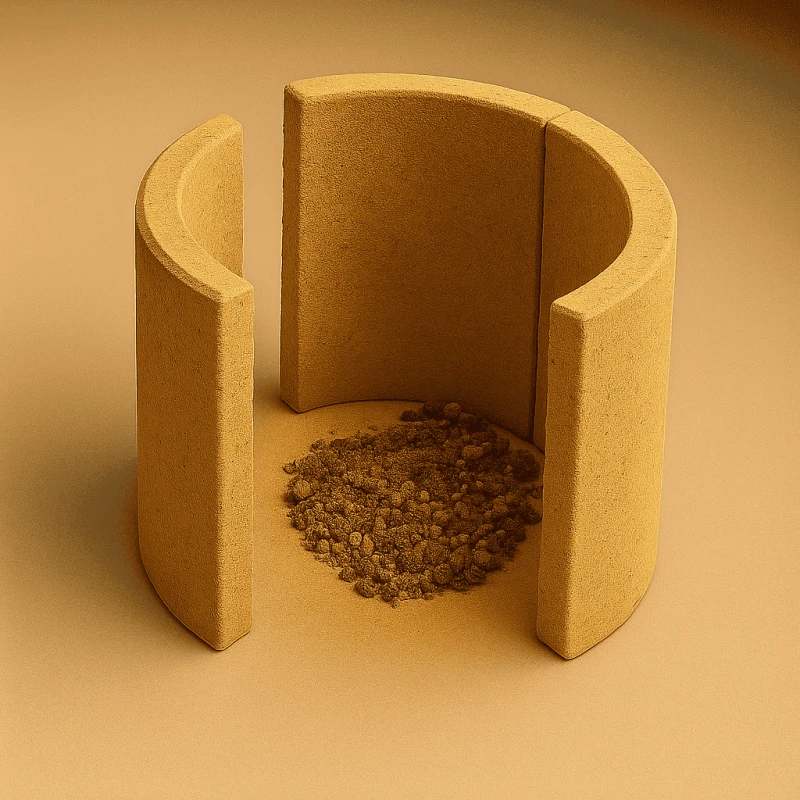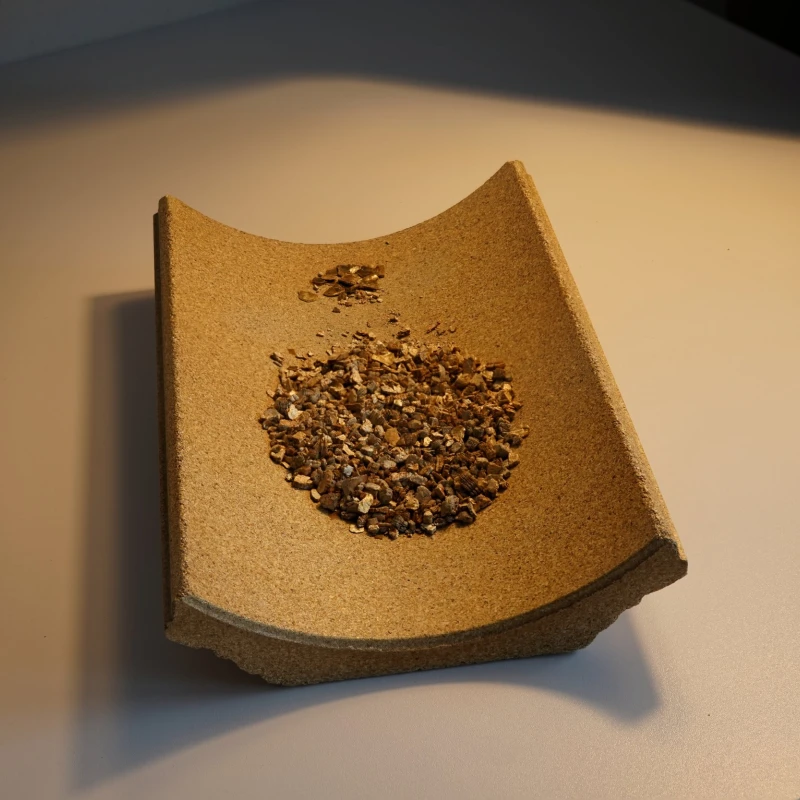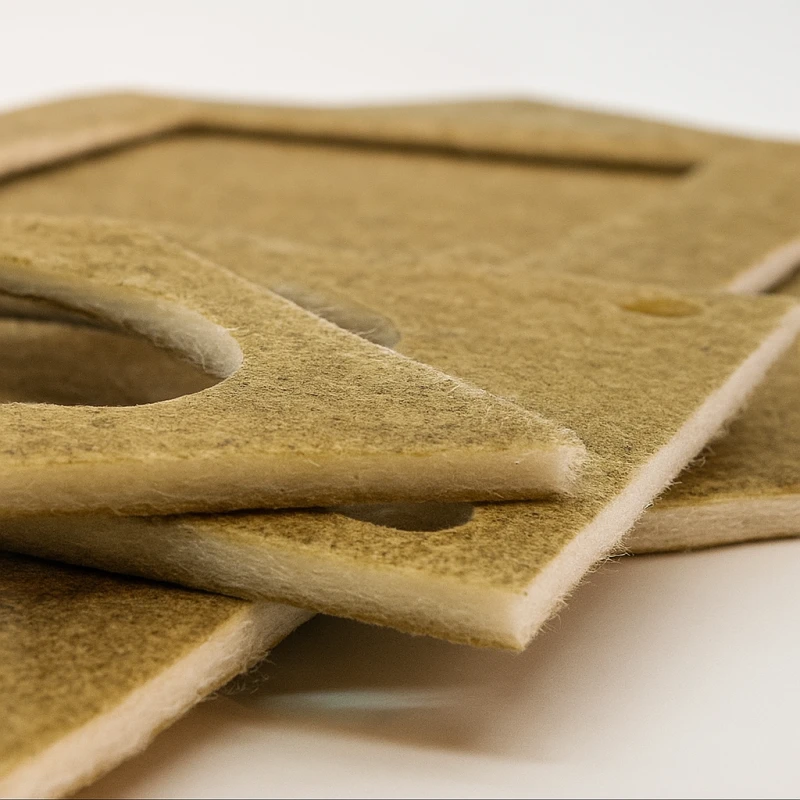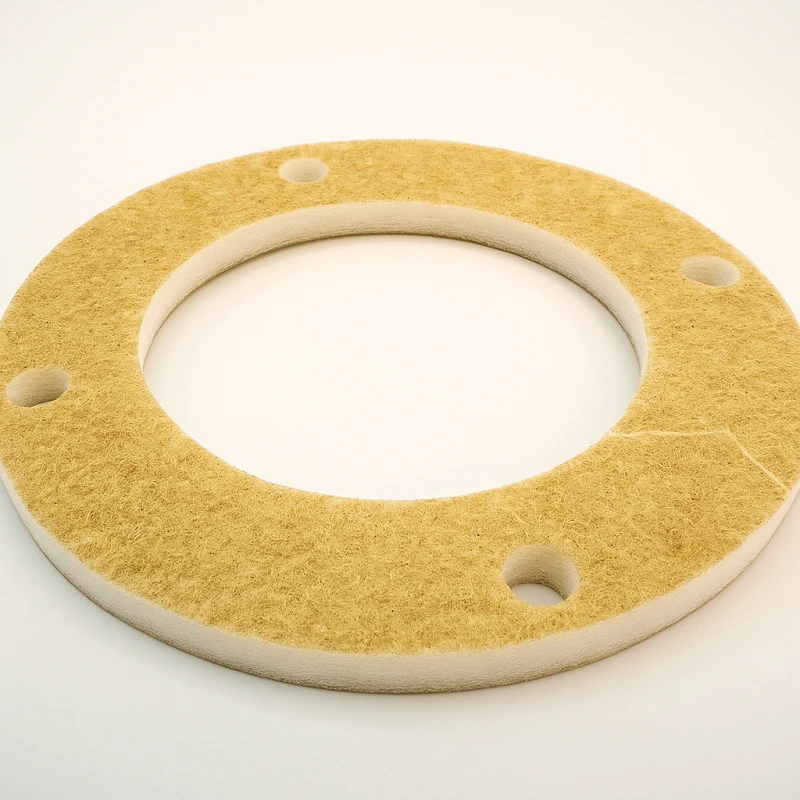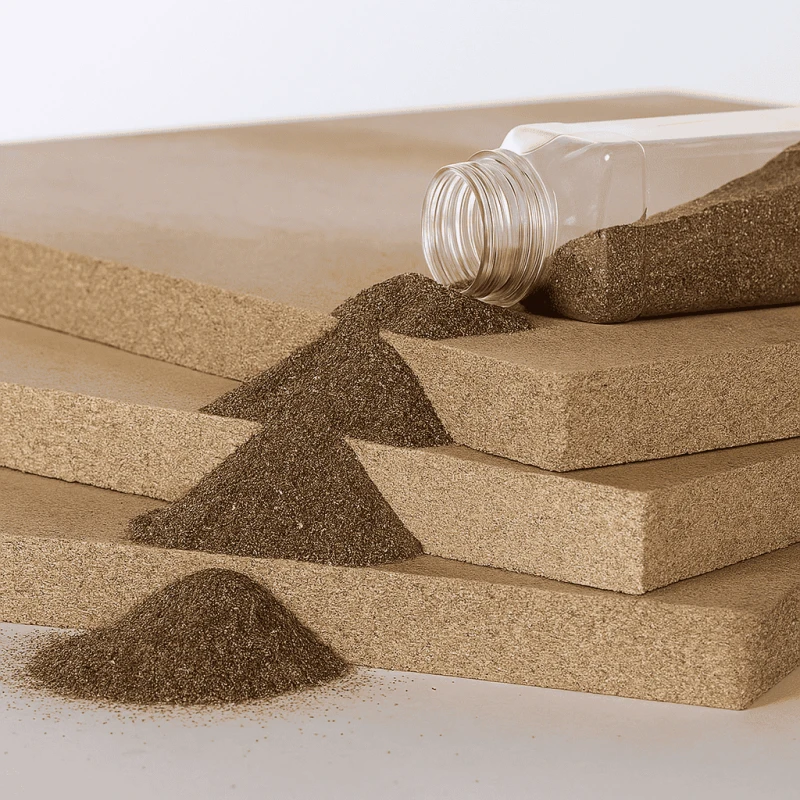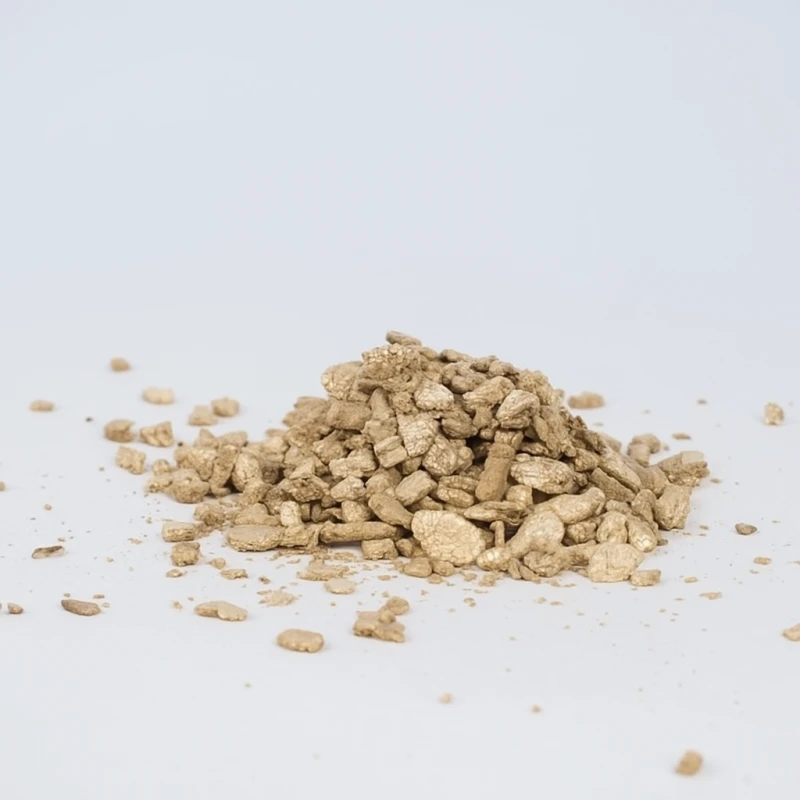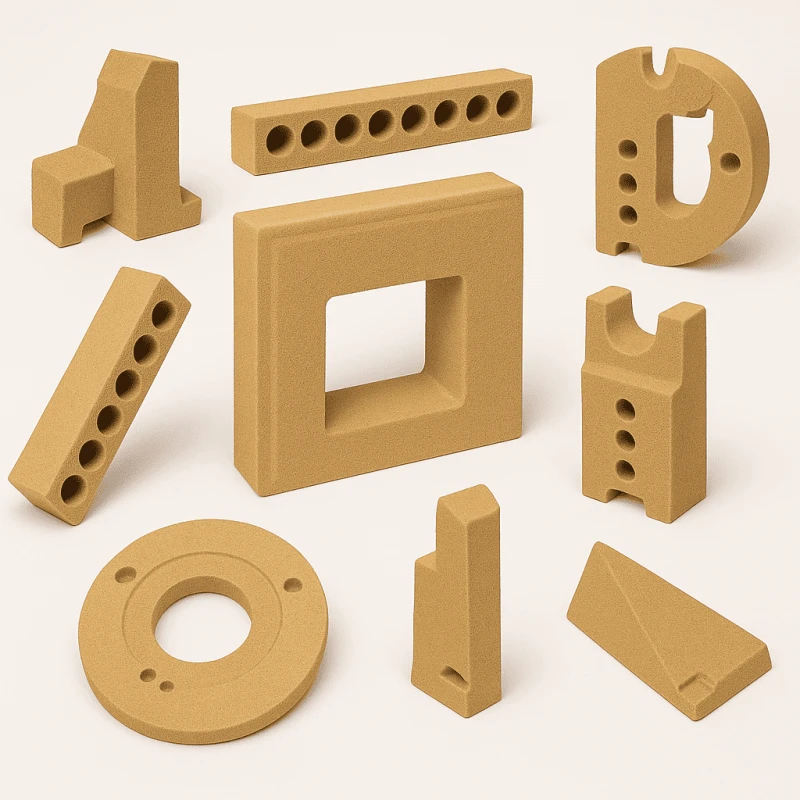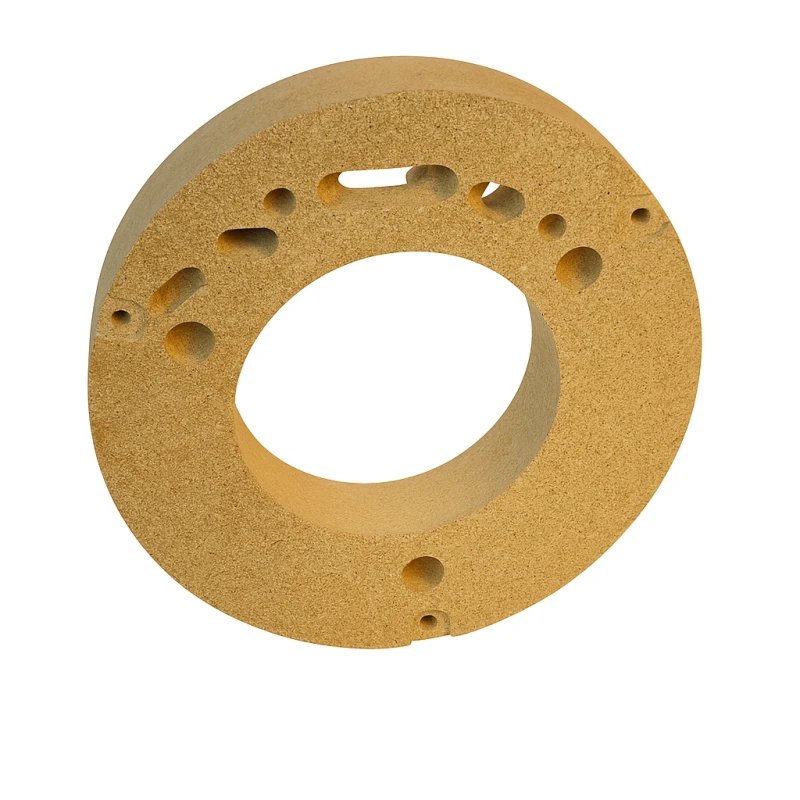Vermiculite bagged goods
Ideal for sensitive products, electronics, glass/ceramics, samples, and the safe temporary storage of rechargeable batteries/batteries. Non-conductive, non-flammable (>1000 °C), reusable.
- Grain sizes
- Superfine 1 mm | Fine 2 mm | Medium 4 mm | Large > 8 mm
-
Cost-oriented
Technically excellent and cost-oriented solution.
Nontoxic
Light, non-toxic, fiber-free, odorless and acid-resistant.
Refractory
Depending on the product variation, application temperatures up to 1100 ° C.
Typical applications (without special requirements):
Electronics & precision parts (non-conductive)
Glass/ceramics/cosmetics
Samples/liquids in packages
Temporary storage of components/modules
Benefits
- 2-in-1: cushioning + absorption for clean, stable packages
- Lightweight & efficient: approx. 80–125 g/L bulk density (DIN 1060)
- Thermally robust: thermal conductivity ~0.07 W/mK (DIN 4108) – good insulation properties
- Safe: non-conductive, non-flammable; pH approx. 7.5 (close to neutral)
- Flexible dosing: 25 L / 50 L / 100 L / big bag – other sizes/grain sizes available on request
- Clean option: available as vermiculite cushions for dust-free handling
TECHNICAL DETAILS
PROPERTIES
Physical properties pH value ca. 7,5 Sintering temperature (°C) 1260 Melting point (°C) 1315 Thermal conductivity 0,07 W/mK (DIN 4108) Bulk density 80 -125 g/Ltr (DIN 1060) CHEMICAL ANALYSIS
SiO2: 35,00 – 41,00 % Al2O3: 6,00 -9,50 % Fe2O3 6,00 – 9,50 % MgO 21,50 – 25,50 % CaO 2,00 – 6,00 % K2O 3,00 – 6,00 % TiO2 0,60 – 1,40 % Häufig gestellte Fragen (FAQ)
Which grain size is right?
Mittel–grob ist der Allrounder: gute Polsterung, einfache Dosierung, wenig Staub. Fein bindet schneller, kann aber staubiger sein. Für sehr sauberes Handling gibt es Vermiculite-Kissen (portioniert, staubarm).
Is vermiculite electrically conductive or flammable?
Nein. Vermiculite ist nicht leitend und nicht brennbar. Referenzwerte: Sintertemperatur 1260 °C, Schmelzpunkt 1315 °C.
How does vermiculite perform thermally?
Es bietet eine spürbare Pufferwirkung gegen Temperaturspitzen. Die Wärmeleitfähigkeit liegt bei ca. 0,07 W/mK (DIN 4108).
How heavy is the material — does it affect shipping weight?
Die Schüttdichte liegt bei ca. 80–125 g/L (DIN 1060). Vermiculite ist sehr leicht im Verhältnis zum Packvolumen und daher effizient für Hohlraumfüllung.
Can I reuse vermiculite, and how should I dispose of it?
Ja, trocken und sauber gebliebenes Material kann wiederverwendet werden. Kontaktierte/verschmutzte Mengen entsprechend den lokalen Vorgaben entsorgen.
Is vermiculite “neutral” and compatible with materials?
Der pH-Wert liegt bei ca. 7,5 (nahe neutral). Das mineralische, poröse Granulat ist mit vielen Oberflächen kompatibel. Bei sensiblen Anwendungen empfehlen wir einen kurzen Vorab-Test.
Do you offer samples or advice on the right grain size?
Ja. Wir bieten kostenlose Muster und eine kurze Fachberatung, um Körnung und Menge auf deinen Prozess abzustimmen. Größe/Körnung einfach anfragen.
Product variations
-
Since 2001, KS Kneissl & Senn Technologie GmbH
has been producing insulation materials and seals for a wide range of applications up to a temperature range of 1600 °C. A diverse range of machinery (CNC 5-axis milling, plotting, punching, sewing, water jet cutting, vacuum forming, etc.) enables us to shape a wide variety of materials for you. The main materials include: glass fibers, aramid fibers, mineral fibers, biosoluble fibers, ceramic fibers, silicate fibers, vermiculite, calcium silicate, microporous materials, elastomers (rubber, silicone, silicone foam, etc.), etc.
The company has been ISO9001 certified since 2009, currently in accordance with the 2015 revision of the standard.
